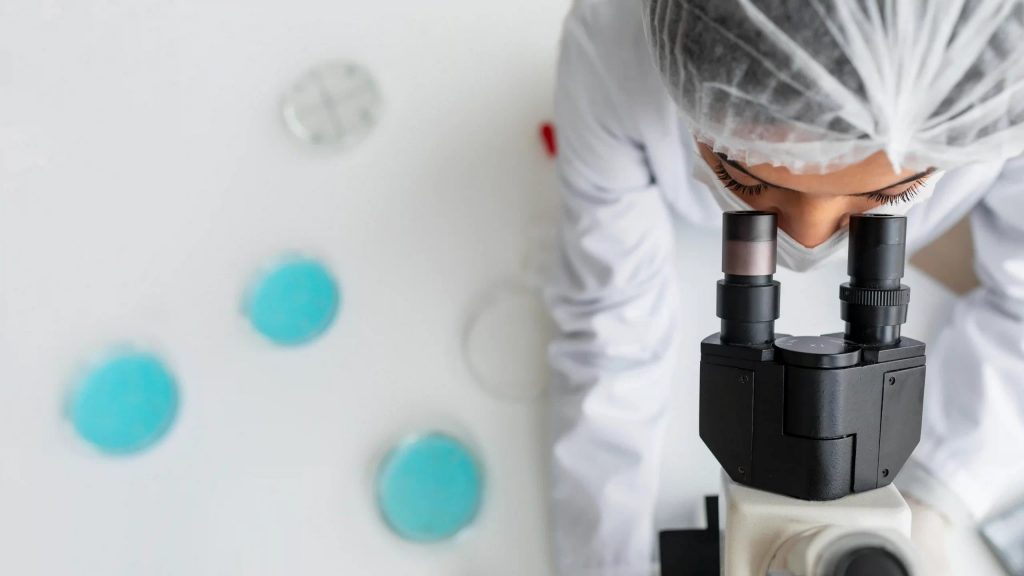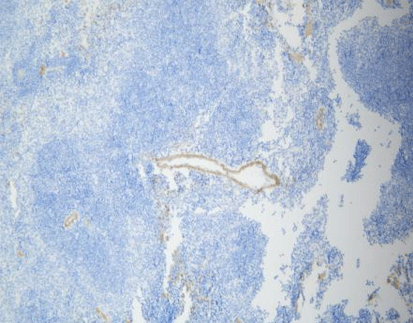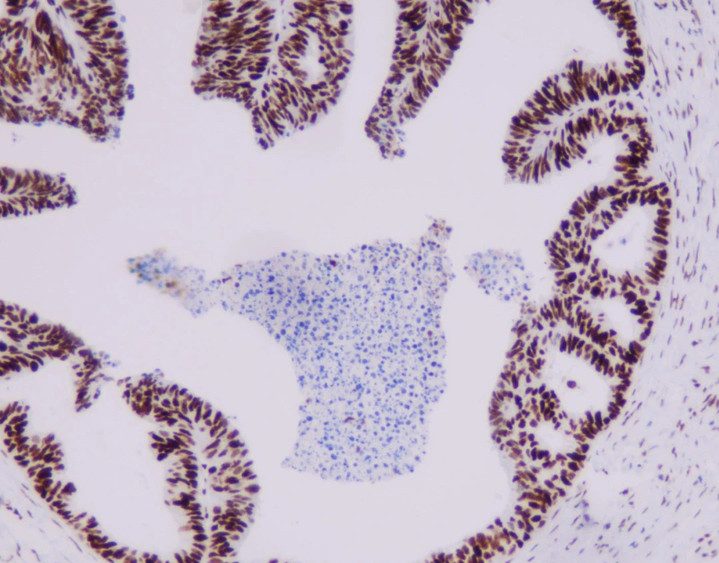The Science Behind IHC: Why Immunohistochemistry Matters in Medicine

By admin
In human biology, much remains unseen. Within cells and tissues lie clues shaping health, disease, and effective care. Immunohistochemistry (IHC) bridges the gap between visible and hidden elements. For those in testing, research, or patient support, understanding IHC is not just helpful—it’s essential for advancing healthcare.
The Indispensable Role of IHC in Modern Medicine
IHC is central in pathology. It reveals cell activities and disease traits by identifying specific proteins in tissue samples. This acts as a detailed guide for diagnosis and treatment.
Diagnostic Accuracy and Precision Medicine
IHC improves diagnosis accuracy. Pathologists use it to detect specific antigens in cells and tissues, allowing precise condition classification, especially in various cancers. For example, identifying breast, lung, or lymphoma types often depends on IHC markers. This precision leads to better diagnoses and patient management.
Guiding Treatment Decisions
IHC goes further than just identifying issues. It also plays a key part in shaping individualized care. The existence or lack of specific proteins can signal how a growth may react to certain remedies. For instance, detecting HER2 protein excess in breast cancer via IHC decides if someone qualifies for HER2-focused treatments. This skill in forecasting responses aids doctors in customizing plans. In turn, it cuts down on useless options and boosts results for patients.
Research and Development: Unlocking New Discoveries
IHC acts not only as a testing method but also as a precious resource in biological studies. Scientists apply IHC to examine protein display in normal tissues compared to affected tissues. They explore how diseases advance, pinpoint possible signs, and confirm fresh targets for drugs. This use is essential for figuring out complicated life processes. Moreover, it helps in creating advanced cures.
The IHC Process: A Step-by-Step Overview
The strength of IHC rests in its carefully planned steps. These steps make use of the very targeted connection between antibodies and their intended antigens.
From Sample to Stain: Preparation and Application
The IHC method usually starts with fixing and embedding the tissue. Next, it involves cutting sections onto slides. Importantly, these sections then get treated with primary antibodies. These bind directly to the target antigen. After that, a secondary antibody comes into play. It often links to an enzyme or a glowing marker. This helps in spotting the primary antibody. Consequently, it strengthens the signal, which makes the antigen noticeable.
Visualizing the Unseen: Detection and Analysis
The last phase includes adding a substance that interacts with the enzyme on the secondary antibody. This creates a colored deposit right where the antigen and antibody connect. On the other hand, in immunofluorescence (IF), a shining label is employed. Then, the signal shows up under a special microscope. The outcome is a staining layout that offers important details about the protein’s presence, spot, and amount in the tissue. Skilled pathologists or researchers then review this.
Elevating IHC with Our Advanced Solutions
As a top producer in molecular and tumor pathology diagnostics, we at Celnovte Biotechnology focus on delivering modern tools that simplify the IHC routine, increase precision, and fuel healthcare progress. Established in 2010, our sites in China follow NMPA & GMP rules and hold ISO13485 and ISO9001 certifications. These ensure top standards in quality. We also maintain R&D branches in the USA for creating reagents. With our own protected ideas for systems like MicroStacker™ and SuperISH™, we supply a leading range of IHC supplies and devices.
MicroStacker™ Detection Systems: Unparalleled Sensitivity and Specificity
One of our main offerings is the MicroStacker™ Detection Systems. These are built to deliver an outstanding boost in signals. This results in strong detection and targeted outcomes in IHC coloring. Thanks to our protected rights in MicroStacker™, these systems guarantee sharp, clean, and dependable coloring effects. Such results are crucial for correct testing and studies. The better ratio of signal to interference lowers unwanted marks. Therefore, it permits exact spotting of even scarce antigens.
IHC Stainers: Automating Precision and Throughput
To handle the needs of busy labs and maintain steadiness, we supply modern IHC Stainers. Our automated IHC stainers greatly cut back on hand labor, lessen mistakes from people, and make the coloring steps uniform across groups. This setup speeds up the time for test outcomes. It also secures repeatability, which matters a lot for everyday testing and big study efforts. No matter if you run a compact setup or a large one, our stainers aim for speed and dependability.
Comprehensive Mismatch Repair (MMR) Solution: Critical for Cancer Diagnostics
We likewise offer a Comprehensive Mismatch Repair (MMR) Solution. MMR proteins play a major role in fixing DNA. Their shortage acts as a main sign for some cancers, especially colorectal cancer. It can also point to how well immunotherapy might work. Our MMR option, within our wider IHC lineup, allows precise checking of the MMR state. This gives essential data that steers choices on care for patients. This focused tool shows our dedication to meeting particular medical demands with superior, targeted items.
Why Choose Celnovte’s IHC Solutions?
Unmatched Quality and Reliability: Certifications and Expertise
Our pledge to quality stays firm. Our production sites comply with NMPA & GMP and carry ISO13485 and ISO9001 approvals. Our items have gained CE mark clearance. They regularly excel in NordiQC reviews. Plus, our own cloned primary antibodies have hit top marks for six years straight. These approvals and steady success highlight the trustworthiness and excellent quality of our IHC supplies and devices.
Global Reach and Support
With main offices in China and a branch in Maryland, USA, for reagent work, we stand ready to aid our worldwide allies well. We deliver full technical aid and materials, such as guides, help services, approvals, IFU & SDS. This makes sure you get the support required at every stage.
Conclusion
Immunohistochemistry goes beyond a simple method; it’s a core element in current healthcare. It expands the limits of testing, directs aimed remedies, and speeds up studies. By picking our modern IHC items—from our MicroStacker™ Detection Systems and IHC Stainers to our specialized Comprehensive Mismatch Repair (MMR) Solution and tailored service choices—you invest in exactness, speed, and trustworthiness. Discover how our tools can change your pathology routine and aid in stronger patient results. Reach out to us now by email info@celnovte.com to find out more.
FAQ
Q: What is the primary benefit of using automated IHC stainers?
A: Automated IHC stainers enhance consistency, reduce manual errors, and improve throughput for faster, more reliable results.
Q: How does the MicroStacker™ Detection System improve IHC results?
A: It utilizes proprietary technology for superior signal amplification, leading to high sensitivity and clear, specific staining with minimal background.
Q:Do you offer support for your products?
A:Yes, we provide comprehensive support, including technical assistance, brochures, certificates, and IFU & SDS documents.
RELATED PRODUCTS









